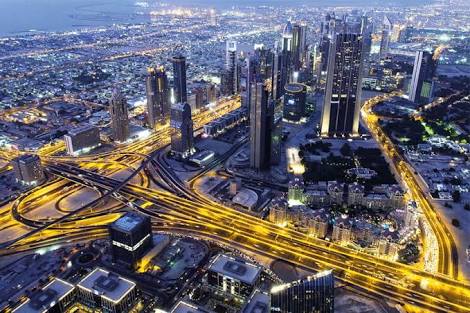The World Bank has announced the approval of $2.1bn loan for seven projects to be executed in Nigeria.
A
statement issued in Abuja on Thursday said the loans were approved in
Washington on Wednesday and are for seven projects to support Nigeria’s
investment in nutrition, access to electricity, states’ fiscal
transparency, polio eradication, women’s economic empowerment, public
finance and national statistics and reducing vulnerability to soil
erosion.
World Bank Country Director for
Nigeria, Rachid Benmessaoud, was quoted to have said, “The Federal
Government of Nigeria’s Economic Recovery and Growth Plan identifies
human capital investment, restoring growth, and building a competitive
economy as its key pillars.
The projects approved by the
International Development Association, the bank’s low-interest arm, are
expected to support Nigeria’s economic growth plan.
Growth rates
in Nigeria have bounced back since the third quarter of 2016, when a
recession, its first in 25 years, bottomed out. Growth returned largely
due to higher oil prices, with the country relying on crude sales for
much of its revenue.
However, growth slowed again in the first quarter of 2018, as the country’s non-oil sector struggled.
The government expects growth to rise to a pre-recession level of 7 percent by 2020.
The
World Bank said more than half of the loans would be used to fund power
and climate change projects and boost fiscal transparency. It also
approved a $7 million grant for nutrition.
Nigeria privatised
most of its power sector in 2013 but retained control of its dilapidated
monopoly transmission grid, often blamed for hobbling growth.






